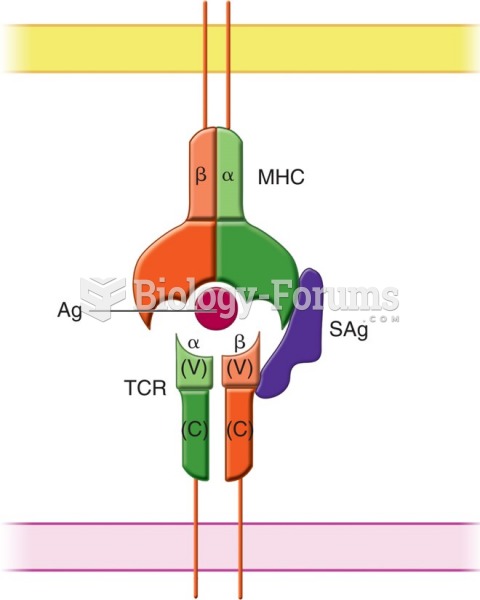Answer to Question 1
Anorexia Nervosa
A person with anorexia nervosa demonstrates the following:
1 . Refusal to maintain body weight at or above a minimal normal weight for age and height
2 . Intense fear of weight gain or becoming fat, even though underweight
3 . Distorted body image, undue influence of body weight or shape on self-evaluation, or denial of the seriousness of the current low body weight
Two types:
Restricting type: During the episode of anorexia nervosa, the person does not regularly engage in binge eating or purging behavior (that is, self-induced vomiting or the misuse of laxatives, diuretics, or enemas).
Binge-eating/purging type: During the episode of anorexia nervosa, the person regularly engages in binge eating or purging behavior (that is, self-induced vomiting or the misuse of laxatives, diuretics, or enemas).
Bulimia Nervosa
A person with bulimia nervosa demonstrates the following:
1 . Recurrent episodes of binge eating characterized by:
a . Eating in a discrete period of time an amount of food that is definitely larger than most people would eat during a similar period of time and under similar circumstances
b. A sense of lack of control over eating during the episode
2 . Recurrent compensatory behavior to prevent weight gain, such as self-induced vomiting; misuse of laxatives, diuretics, enemas, or other medications; fasting; or excessive exercise
3 . Binge eating and compensatory behaviors that occur, on an average, at least twice a week for three months
4 . Self-evaluation unduly influenced by body shape and weight
5 . Does not occur exclusively during episodes of anorexia nervosa.
Two types:
Purging type: The person regularly engages in self-induced vomiting or the misuse of laxatives, diuretics, or enemas.
Nonpurging type:
The person uses other behaviors, such as fasting or excessive exercise, but does not regularly engage in self-induced vomiting or the misuse of laxatives, diuretics, or enemas.
Answer to Question 2
Problems associated with obesity include:
Abdominal hernias
Accidents
Certain cancers: colon, rectal, prostate, breast, uterus, cervical, ovarian
Complications during pregnancy
Complications with surgical procedures
Decreased longevity
Decreased quality of life
Depression
Diabetes (type 2)
Fertility problems
Gallbladder and liver disease
Gout
Heart disease
High blood cholesterol levels
Hormonal imbalances
Hypertension
Injury to weight-bearing joints
Kidney abnormalities
Metabolic syndrome
Osteoarthritis (knees, hips, lower spine)
Poor self-esteem
Respiratory problems
Sleep disturbances
Varicose veins







